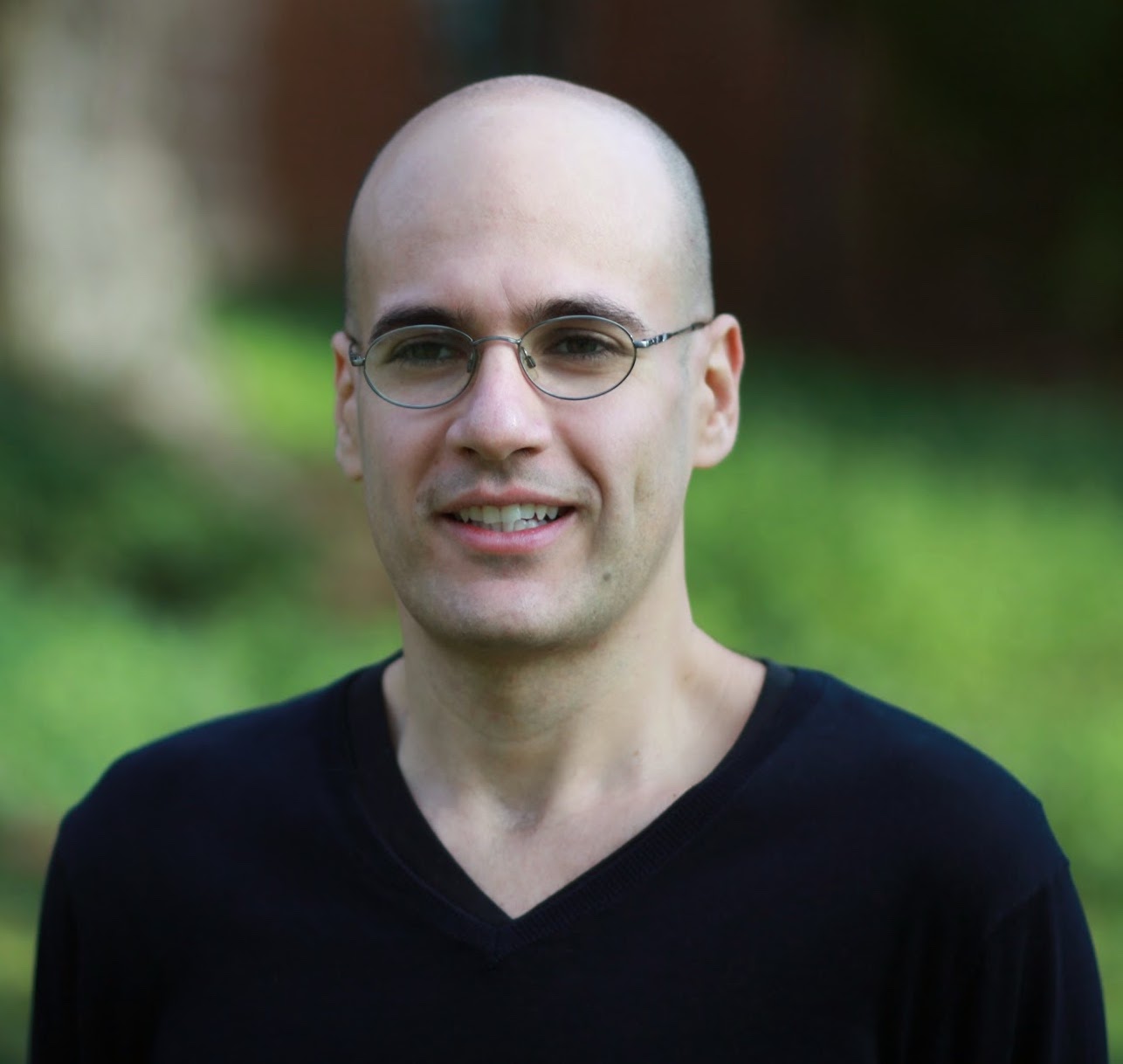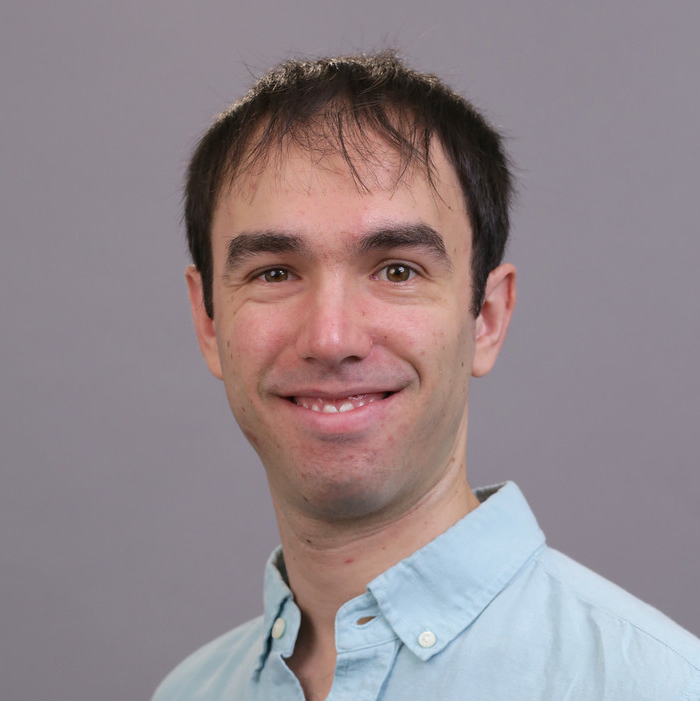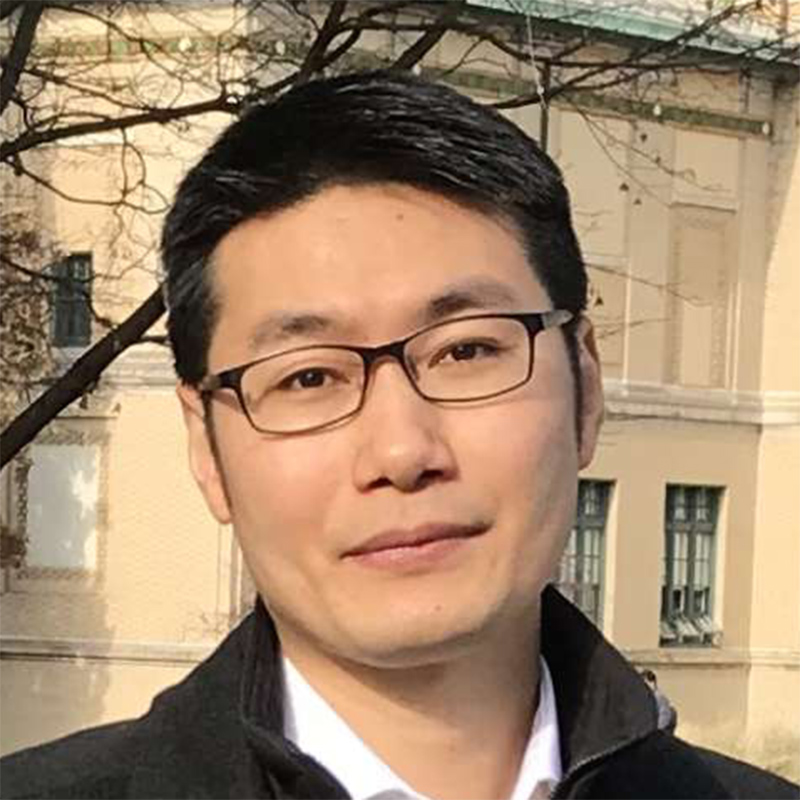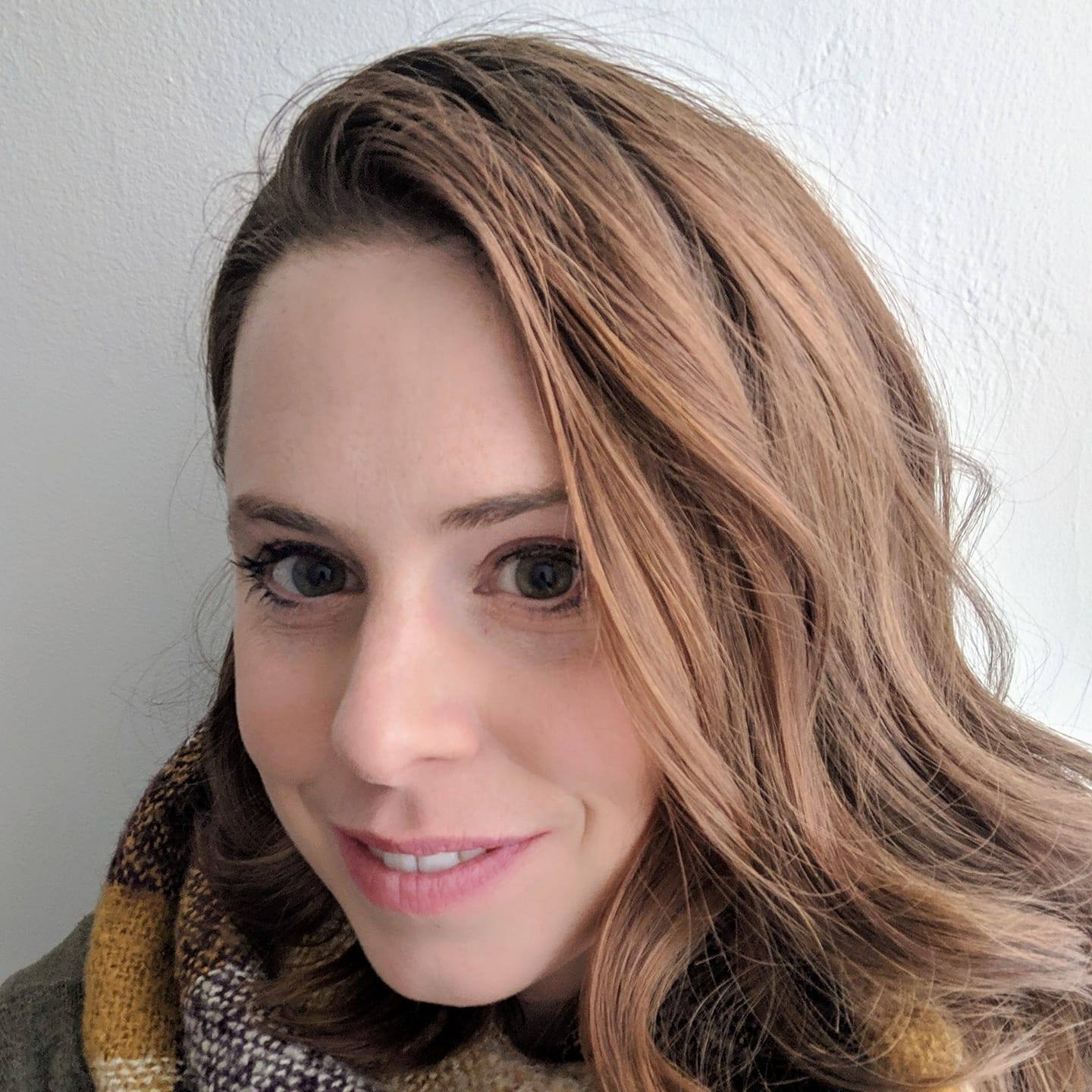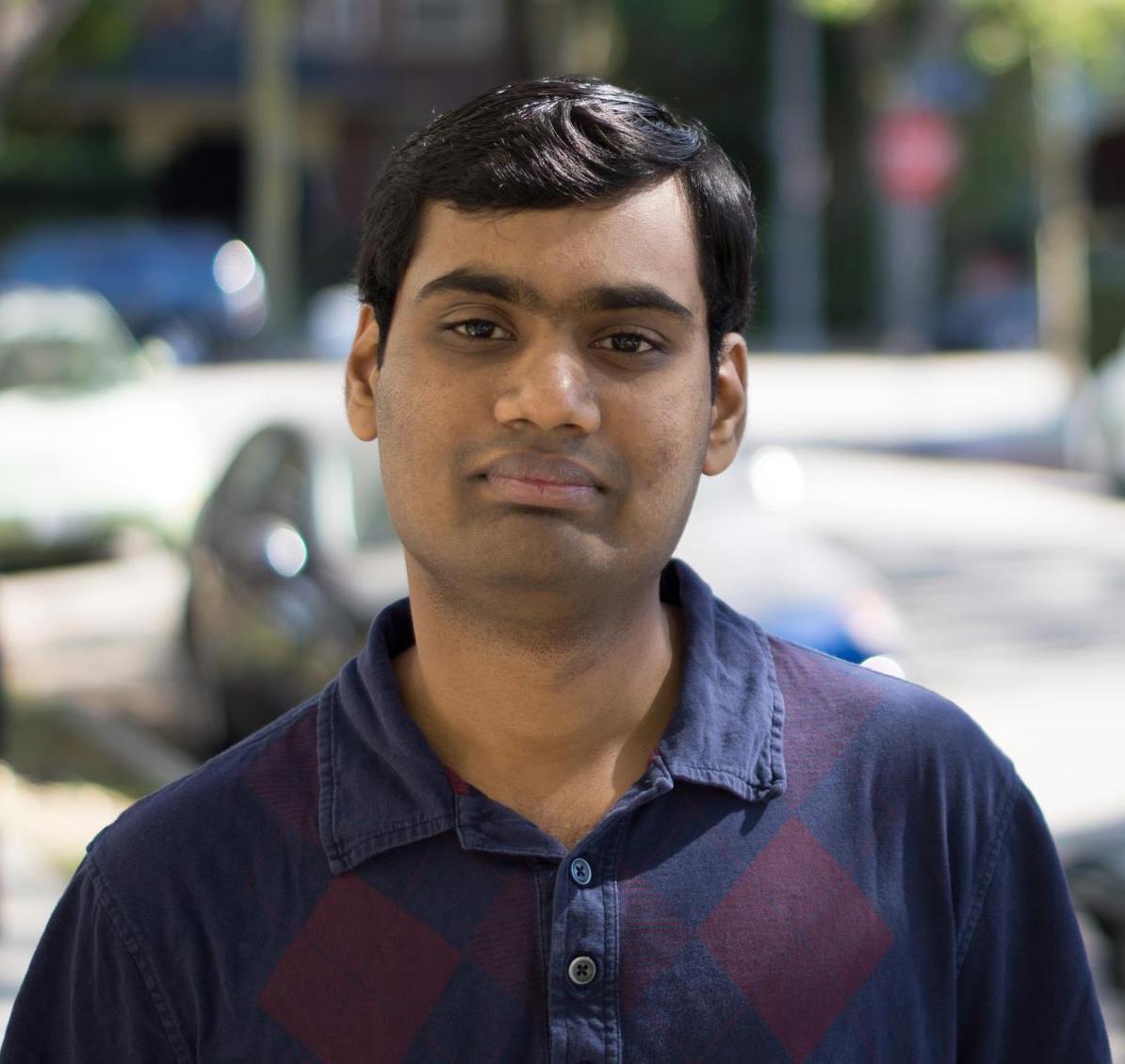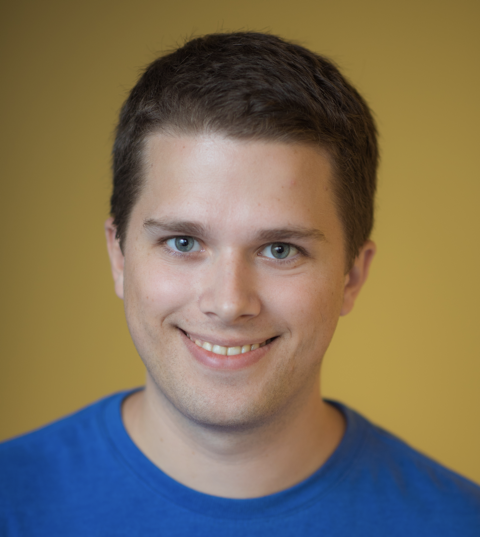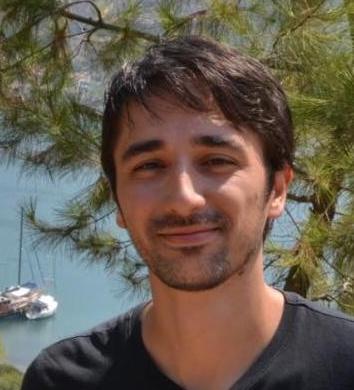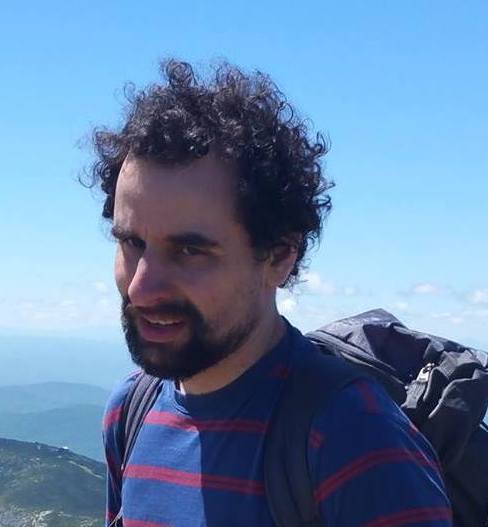We are happy to announce the first Bridging causal inference, reinforcement learning and transfer learning (CRT2019) workshop on Thursday, September 19th 2019 at the MIT Samberg center, 6th Floor, rooms 5-6. This workshop is part of the IBM Research's AI week, registration is free but mandatory .
Causal inference is an increasingly popular research direction, focused on discovering causal relations from data and exploiting them to predict the effect of actions/interventions in a system. Recently, there has been exciting new works pointing at connections between causal inference and two other important fields of machine learning: reinforcement learning and transfer learning. Although there seems to be a natural connection between these fields, the different research communities are still separate, a situation complicated by the different terminologies and assumptions. In this workshop we will bring together these different communities in the context of causal inference. We will include speakers from academia and industry that have been pioneering research in these intersections.
